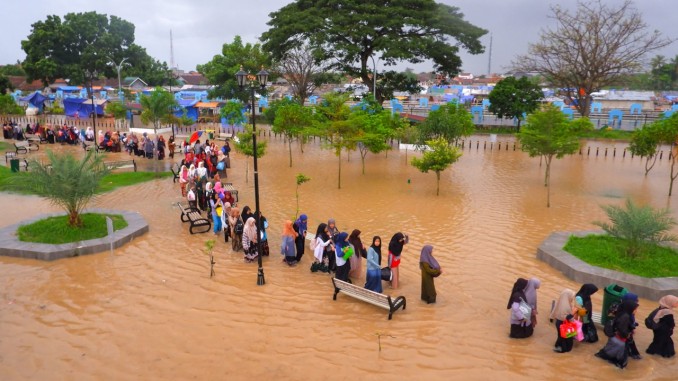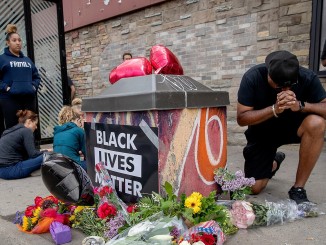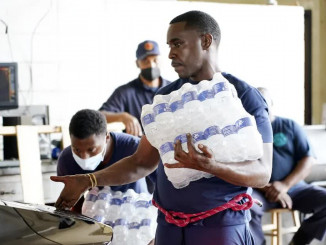
The newest Intergovernmental Panel on Climate Change (IPCC) report was published at the end of February. Its conclusions come from years of global, collaborative research and they are dire. After the November climate summit concluded without any firm commitments from the so-called world leaders, this report testified that “the rise in weather and climate extremes has led to some irreversible impacts as natural and human systems are pushed beyond their ability to adapt.”
While 1.5oC of warming has been the so-called limit identified in the Paris Agreement and by the IPCC, this new report indicates that every incremental increase in temperature will dramatically increase the amount of disease and death, and the frequency of damaging natural disasters. Even if we remain under that limit, the death of more and more ecosystems looks almost inevitable.
The report also looked at the ability for the world to adapt to higher temperatures and the changes that will come with ongoing carbon emissions. It highlighted that the areas most affected by climate change are the least able to adapt, widening the gaps in access to resources needed to survive when resources like water, food, and land become scarce.
But this does not mean the situation is hopeless. It’s the exact opposite. As one of the co-chairs of the IPCC, Hans-Otto Pörtner, said about the report: “Any further delay in concerted global action will miss a brief and rapidly closing window to secure a liveable future.”
Every moment that “business as usual” – burning fossil fuels and prioritizing profit over sustainability – continues, more and more people and ecosystems are destined to suffer from climate change. Those outcomes won’t change unless we change them. We have seen those at the table at the climate summit make empty promises while carrying on generating profit and power and war for their benefit, not ours. The changes we really need in this narrow window of time must come from the majority making decisions based on all of our needs. And to do that, we must collectively organize right now.




